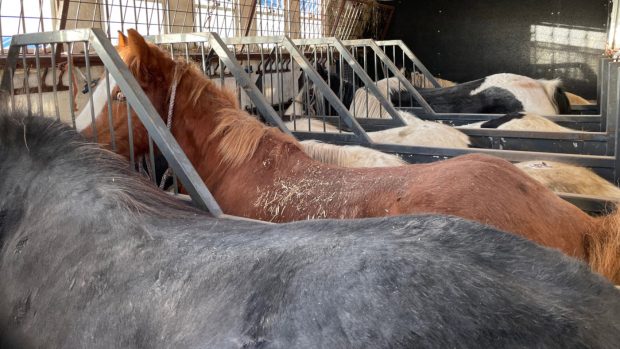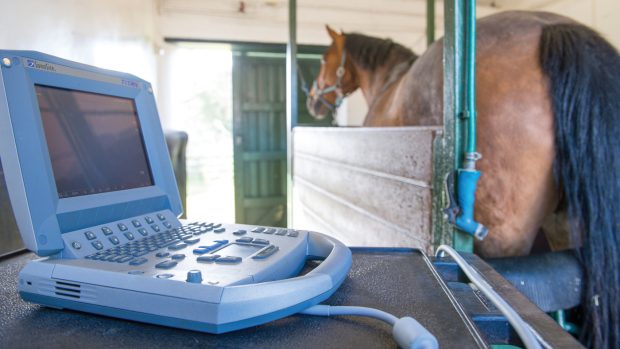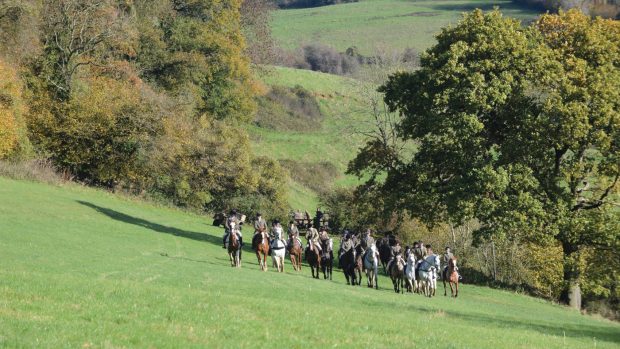Farmers in the uplands are losing around 10% of their lambs to foxes but the Government is satisfied that the Hunting Act has been a success.
According to junior environment minister Lord Bach, the rural economy will not be compensated for any loss, as its predictions about the impact of the ban on the rural economy have failed to materialise. “The rural economy as a whole is still buoyant,” he said in a speech last week. “Widespread social unrest has clearly not occurred. Businesses associated with hunting, including those in the horse industry, are generally doing well.”
Meanwhile the Countryside Alliance is continuing its legal claim under the European Human Rights Act, which focuses in part on the fact that the Government refuses to pay compensation to those whose income is affected by the ban.
Pro-hunting peers warn that farmers in Wales and the Lake District are losing thousands of pounds worth of lambs due to the “ineffective” Act which allows only two hounds to flush a fox to a gun. “Foxes take 10% at least of the lamb flock if uncontrolled and the value of those lambs is anything from £30 to £40 per head,” said Liberal Democrat Lord Livsey of Talgarth. “So on a 1,000 ewe upland flock, this is worth of the order of £3,000 to £4,000 per annum. Many of these farms only have a net income of about £12,000.”
The Countryside Alliance claims that by continuing, hunts have illustrated the flaws in the legislation despite forgoing any compensation. “We have always said that the true impact will come in the medium to long term,” said a spokesperson,. “During the 2005-2006 season, we saw increased support for hunts as the rural community showed its opposition to an unjust law.”
But although hunting is attracting more followers than ever (National Equestrian Survey 2006), the negative effects of the ban are already being witnessed by rural communities. “It is of great concern that this legislation is already proving such a threat to livery yards and other businesses who depend primarily on hunters,” said the CA.
Kevin Lamacraft, who runs a hireling business in Somerset maintains that the effects of the Act have been “incredulous”. “We used to hire out 25-30 horses a week,” he explained. “But now we’re hiring around 10 and have had quite a few periods where horses are not hunting from one week to the next.”
According to the Government, hunting’s continued support is evidence that the Act is a success. Lord Harrison commended drag hunts for being cheaper and commented on the flourishing point-to-point scene. “People can adopt and change, provided they have the leadership to encourage and so prompt them,” he said. “During the passage of the Hunting Act, the Government was very clear that the Act would not prevent the hunts meeting and riding within the law if they so wished. We are happy to note that this appears to be what they have done”.
Any decision to stop hunting in the future will, according to Lord Bach, be up to the individuals involved rather than being an inevitable consequence of the Act.
The Countryside Alliance believes that if compensation had been claimed the fight against the Act would have been lost. “The Hunting Act is a deeply flawed piece of legislation, from whichever side of the debate you look at it. And bad law cannot stand the test of time,” continued their spokesperson.




